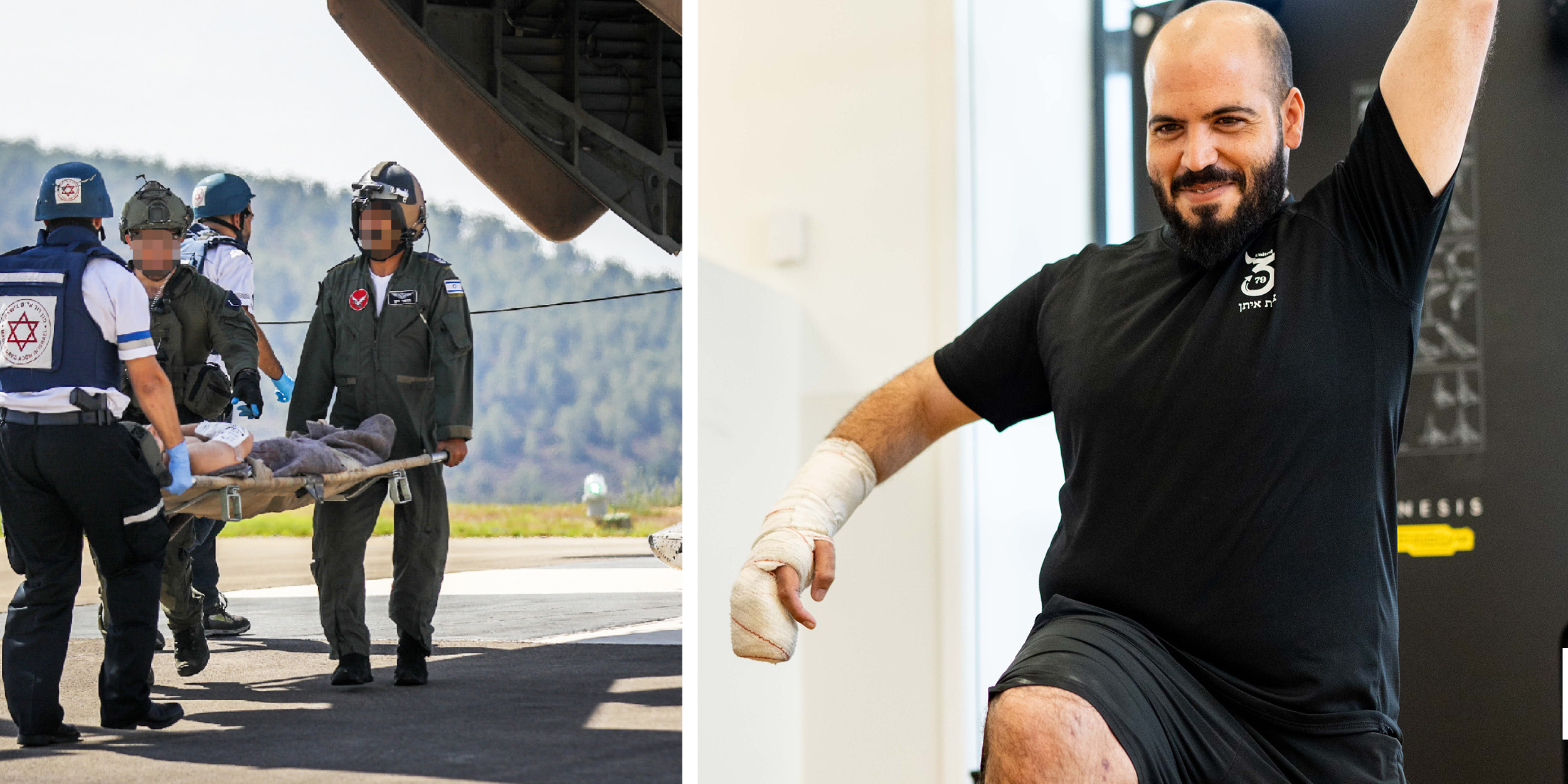
Numbers. Numbers. Numbers. The sheer scale of conflict-related statistics numbs us to their significance. The number of dead, the number of refugees, the number of rockets, the number of sorties, the number displaced, the number of interceptions—it seems endless. But the essential number is one. As it is written in the Mishnah: “Whoever saves a life, it is considered as if they saved an entire world.”
In the current conflict, across all fronts, the daily mission has been to save lives. We know it; we see it; we feel it. Teams of dedicated, skilled specialists—medics, drivers, helicopter pilots—risk their own lives to extract the gravely injured from the battlefield and bring them to hospitals in Israel, where surgeons operate under critical pressure to save those who, just minutes before, were fighting to protect Israeli citizens and defend the country.
Those we have lost are remembered for their sacrifice. Our hearts are torn by the loss, and we grieve with and for their loved ones.
Yet, we are often less aware of those who survive but will spend much of their lives recovering from the physical and mental trauma of their injuries. Their journey begins in the hospital and continues through months of acute rehabilitation before they are released home. While brilliant surgeons address the physical wounds, it is the long months in rehabilitation that often define the road to recovery.
Australian-born Daniel Wein knows this journey all too well. A specialist IDF sniper, Daniel was severely wounded in the 2014 conflict in Gaza. He spent months in hospital and acute rehabilitation, and he still carries the burden of psychological trauma. Art has become his personal path to healing, soothing his mind and soul, though he remains haunted by the memories.
Daniel and his family were in Israel on October 7. The full extent of the carnage at Nova and in the settlements along the Gaza border was not yet known. But one thing Daniel understood with absolute certainty was that the most critical element of the survivors’ journey—both physical and mental—would be access to acute rehabilitation.
With this need foremost in our minds, Hadassah Australia is committed to closing a critical “rehabilitation gap”: funding the urgently needed Ministry of Health approved 70 acute rehabilitation beds that are not yet available in Jerusalem at the world-class Gandel Rehabilitation Center.
Our mission is to close this gap. Together, we can fulfill the Mishnaic aspiration—not just saving one life, but hundreds.
Ron Finkel AM
President